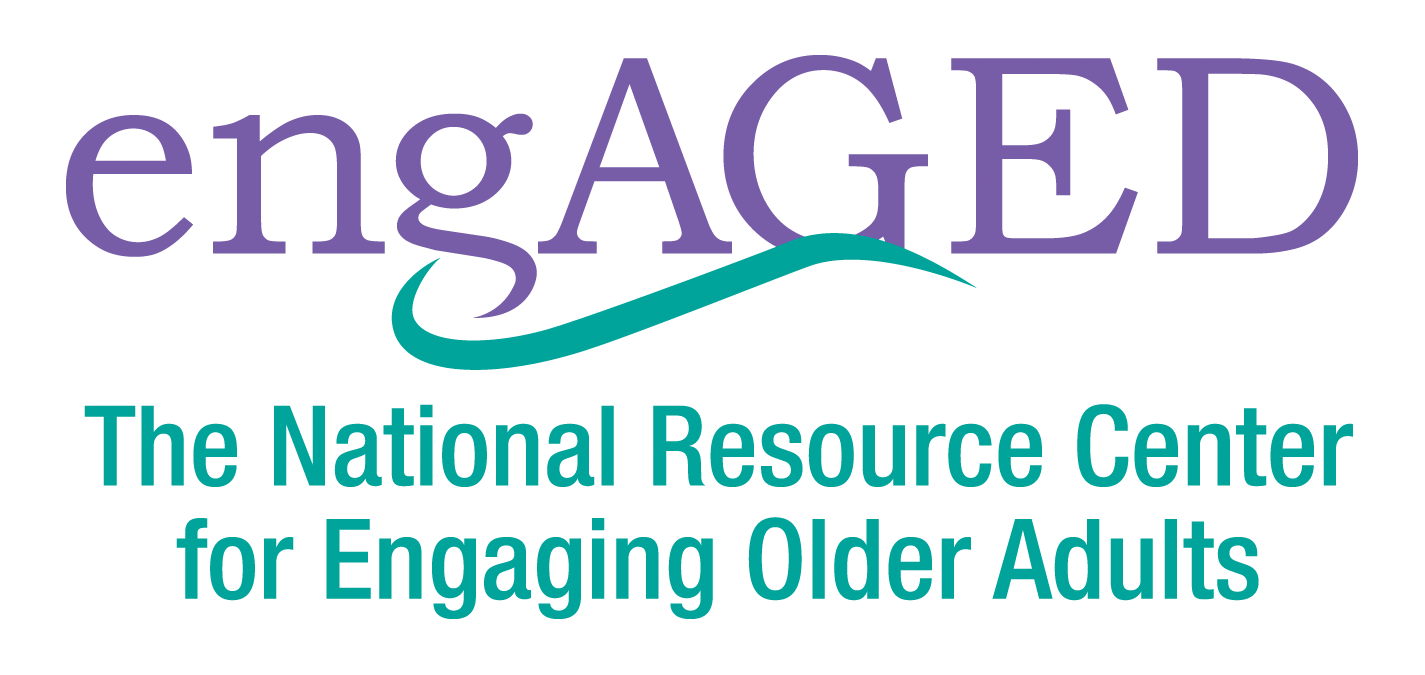Social Engagement Among People Living with Dementia: Takeaways from our June Webinar
Our June webinar shared tips, strategies and resources for developing social engagement programming for people living with dementia. Read on for highlights.
Setting the Stage
More than six million Americans are currently living with Alzheimer’s disease, with more than 11 million Americans providing unpaid care for people living with Alzheimer’s disease and other forms of dementia (1). Remaining socially engaged can be a challenge for people living with dementia and their care partners. Stigma is still pervasive, and friends and family may not feel skilled or knowledgeable on how best to communicate with someone with dementia. Factors such as access to transportation and changes in employment or volunteer status, can also contribute to social isolation and feelings of loneliness. Developing inclusive programs such as memory cafés or dementia day programs or helping communities become more dementia-friendly can support social connection for people living with dementia.
Memory Cafés
Memory cafés bring people living with dementia and care partners together for social events in a welcoming and safe environment. With a focus on social connection and decreasing social isolation, memory cafés meet virtually or in person on a weekly or monthly basis and provide activities tailored to the interests, needs, language and culture of the community. Jewish Family & Children’s Service (JF&CS) launched the second memory café in MA in 2014 in partnership with a student group at Brandeis University. The JF&CS Memory Café meets monthly for two hours, either in person or on Zoom, with a group of Brandeis University undergraduate students volunteering at most sessions. The JF&CS Memory Café Percolator shares information and tools to make it easier for organizations to start and sustain their own memory cafés.
Day Programs
Dementia day programs provide short-term care for people living with dementia and respite for care partners. To help families challenged by dementia in a rural county of SC, Clemson University (CU) Institute for Engaged Aging brought together stakeholders, including the local AAA, for a series of community meetings to assess interest in a day program, begin asset mapping and determine possible program locations. This led to cross-sector collaboration and the establishment of two dementia day programs: Golden Corner Respite Care Program and Brain Health Club. Both programs provide activities such as art, brain games, music and exercise for people living with dementia. Golden Corner Respite Care Program is located within a church while Brain Health Club is located within a renovated and reopened senior center that also offers AAA services and an after-school program for elementary students.
Dementia-Friendly Communities
A dementia-friendly community is informed, safe and respectful of people with dementia and provides supportive options that foster quality of life within the community, including opportunities for meaningful engagement and connection. Dementia Friendly America (DFA; administered by USAging) works to ensure that communities across the country are equipped to support people living with dementia by offering technical assistance to the DFA network of communities. DFA also focuses on individual impact through Dementia Friends USA. A Dementia Friend is someone who learns about what it's like to live with dementia and then turns that understanding into action. Learn more about how to join DFA or how to become a Dementia Friend.
Additional Resources
To learn more about social engagement among people living with dementia, listen to the webinar recording and view the webinar slides.
1) https://www.alz.org/media/Documents/alzheimers-facts-and-figures.pdf
